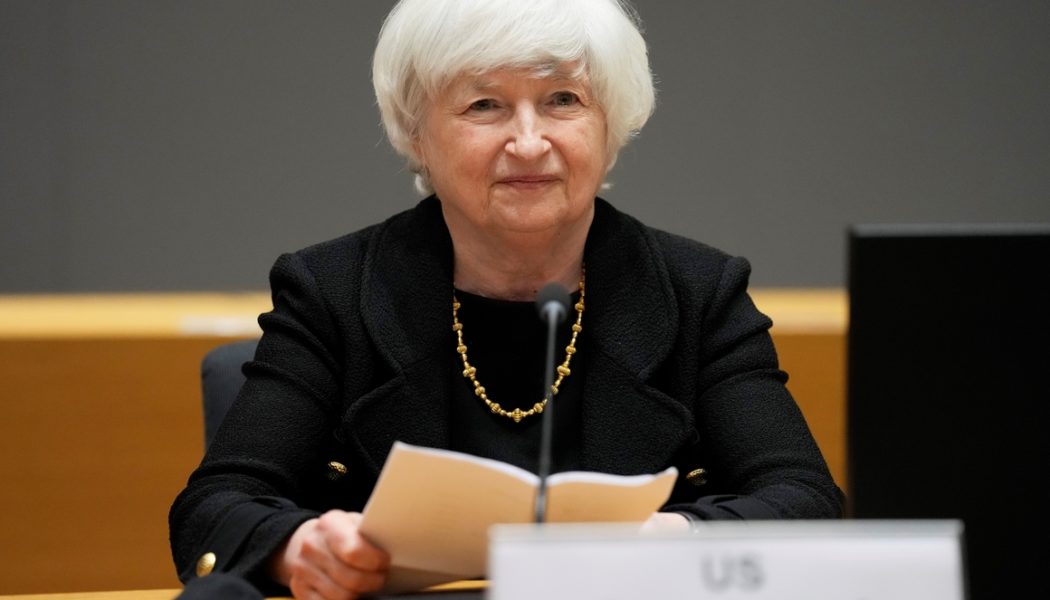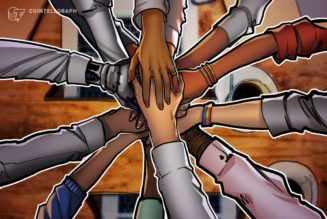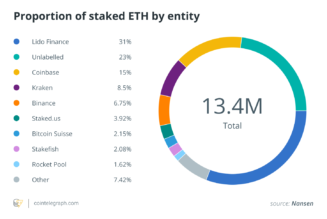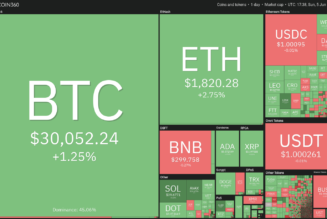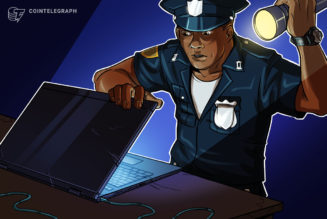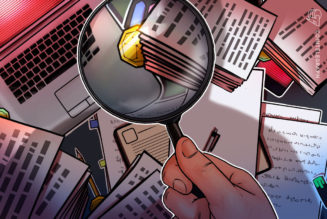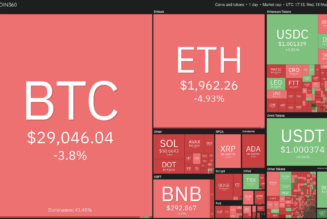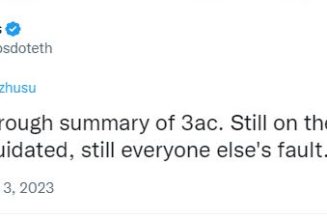.jpg)
“You know, when the economy recovers enough from Covid, the demand patterns, people go back to eating out, traveling more, spending more on services, and the demand for products, for goods begins to go back to normal,” she said. “And also, labor supply has been impacted by the pandemic. Labor force participation is down; it hasn’t recovered.”
On the worker shortage, Yellen was asked if increased immigration would help address the problem.
“There are a lot of issues involved in immigration, but that — I believe that is one reason that we do face supply shortages — shortages of certain kinds of workers,” Yellen told host Margaret Brennan. “I mean, we’ve long had a problem of more jobs available for skilled workers and declining opportunities for less skilled workers. So focusing on education and training was important and continues to be.”
While Yellen’s message on Covid and inflation has been consistent, just last month she offered a timeline for when Americans might feel some relief. In an interview on Oct. 24, Yellen said she expects higher inflation to linger in the coming months and to ease by “the middle to end of” 2022.
Last week, the Department of Labor reported that the consumer price index increased 0.9 percent in October from the month before, exceeding expectations. That put the annual rate now over 6 percent, the highest since 1990. Another report last week showed that producer prices were up 0.6 percent over the month. And, tied for the highest increase ever, producer prices were up 8.6 percent on the year.
While corporate executives say that Yellen and Commerce Secretary Gina Raimondo have heeded their warnings about inflation, POLITICO reported last week, the West Wing of the White House appears to be too confident that the problem will dissipate once supply chain disruptions are resolved.
President Joe Biden’s economic adviser Brian Deese echoed Yellen’s message Sunday, saying the administration is focused on addressing Covid and supply chain issues.
“We’re focused on how to address this in the short-term and the medium term, George. In the short-term, No. 1, we have to finish the job on Covid,” Deese said on ABC’s “This Week with George Stephanopoulos.“
“We know that the more that people feel comfortable getting out into the economy, going to movies, rather than buying a television at home, working in the workplace, the more we can return a sense of normalcy to our economy. … The second thing we can do right now is focus on the supply chain issues.”
